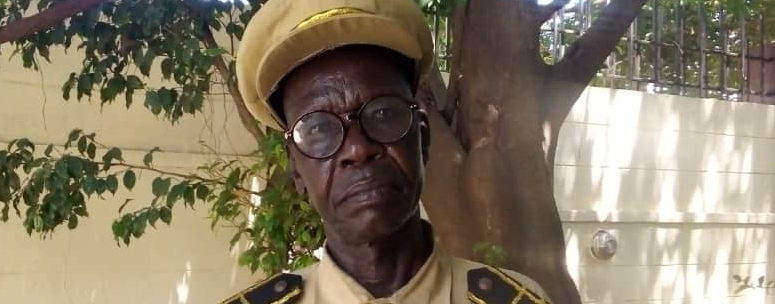The head chief of Mangalla Payam in Juba County has expressed deep concern about the persistent issue of land grabbing in the area, despite efforts to curb the practice.
In an exclusive interview with Radio Tamazuj, Chief Pio Tombe highlighted that while the residents of Mangalla are relieved that cattle, which previously posed a nuisance to local farmers, have left the area, they are now grappling with a new challenge – rampant land grabbing. The most affected area, according to Chief Pio, is Bilinyang Boma.
“Normally, we were delighted because all the cattle have relocated away from Mangalla Payam. However, the most pressing concern now in Mangalla Payam, particularly in Bilinyang Boma, is the widespread activities of land grabbers,” Chief Pio expressed.
Chief Pio also revealed that individuals claiming to be local leaders from Bilinyang are involved in illegal land demarcations. He mentioned that they have taken legal action against these individuals, whom he referred to as “robbers.”
“I want to make it clear that these people are robbers. Some individuals are attempting to falsely portray themselves as chiefs of Bilinyang Payam, although Bilinyang is not a Payam; it is a Boma belonging to Mangalla Payam. Approximately seven individuals, whose names are currently before the court, are pretending to be chiefs of Bilinyang,” he emphasized.
This concern follows a report presented by Central Equatoria state legislators in the state assembly earlier this month, which highlighted a rise in cases of land grabbing, particularly in Juba County Payams.
The report, presented by members of the Juba County parliamentary caucus, identified land grabbing as a significant cause of insecurity in the state, with specific focus on Juba County. It noted a sharp increase in land grabbing cases in Payams like Kworojik, Luri, Mangala, and Lobonok, among others.
Chief Pio Tombe pointed out that this issue has stirred anger among the people of Mangalla, prompting them to seek action from the Juba County Commissioner. He urged swift measures to halt the practice before it escalates further.
“We, the residents of Mangala, are deeply unhappy about this situation. While we don’t want to react impulsively, we believe it’s crucial to follow legal procedures,” he stated. Chief Tombe also mentioned that Mangalla Payam has formally reported the matter to the Juba County Commissioner.
In conclusion, the local leader appealed to the county authorities to devise effective strategies to drive the land grabbers out of the area and ensure the protection of their community’s land rights.
The transitional constitution of 2011 states that all land is owned by the people of South Sudan, and charges the government with regulating land tenure, land use and exercise of rights to land.
Although South Sudan has passed laws recognizing community or customary land rights, campaigners say these legal protections are often undermined in practice.




